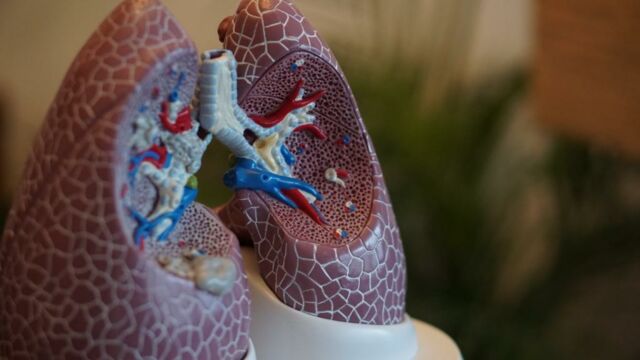It has been proven that herbal teas strengthen the immune system, reduce inflammation and can even prevent cancer and heart disease. However, one particular type of tea is suspected of tripling the risk of cancer and should therefore be avoided.
Discover our latest podcast
No ordinary energy supplier
Yerba mate is a herbal tea that originates from South America. The tea is served hot or cold and is advertised as having numerous health benefits. It is particularly prized for its high antioxidant content and stimulating effect.
Some even claim that it contains 90% more antioxidants than green tea (which, incidentally, is said to be excellent for weight loss). Its caffeinated composition can improve mental focus and alertness and boost energy levels without causing the jittery effects of coffee. Like most teas, yerba mate is also said to strengthen the immune system, prevent certain types of cancer and heart disease and protect the body from common infections.
Despite its many touted benefits, research has linked yerba mate to some types of cancer. According to the Memorial Sloan Kettering Cancer Center:
High doses and prolonged consumption of mate tea are associated with an increased risk of prostate, bladder, mouth, esophagus, lung and head and neck cancer.
Tea contains polycyclic aromatic hydrocarbons (PAHs), which are also found in grilled meat and tobacco smoke.
Read more:Honey, white sugar, brown sugar: This is the healthiest way to sweeten your tea
Incriminating research
A study conducted on 1,000 adults from Uruguay found that heavy tea drinkers have a 60 times higher risk of developing lung cancer than those who do not drink tea as often.
The study, published in the journal Cancer Epidemiology Biomarker and Prevention, suggests that the brew may also increase the risk of respiratory and digestive cancers.
The results of this study give the researchers reason to believe that the popular tea could be responsible for one in five cases of cancer in South America.
The authors of another article, published in 2012 in the journal Environmental Science and Technology, said:
[If we] assume that the average consumption of 50 grams of leaves per (gourd), then drinking an average cup of mate in the traditional way would expose the consumer to [the] equivalent content of smoking 100 cigarettes (five packs).
Yerba mate tea also has some unpleasant side effects such as stomach upsets, headaches (which can disappear with a few tricks), anxiety, ringing in the ears, nausea and vomiting.
Read more:You've been making your cup of tea wrong, expert reveals
This article has been translated from Gentside DE.
Sources used:
Memorial Sloan Kettering Cancer Center: Mate
Cancer Epidemiology Biomarker and Prevention: Cancer and yerba mate consumption: a review of possible associations
Environmental Science and Technology: Significant variation in the concentration of carcinogenic polycyclic aromatic hydrocarbons in yerba maté samples by brand, batch and processing method















